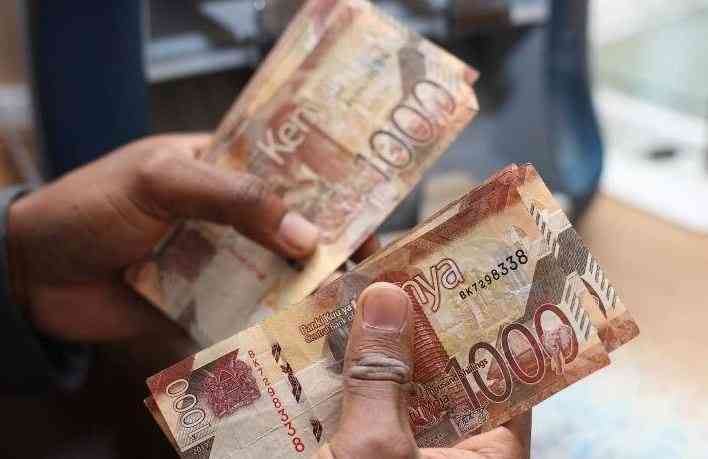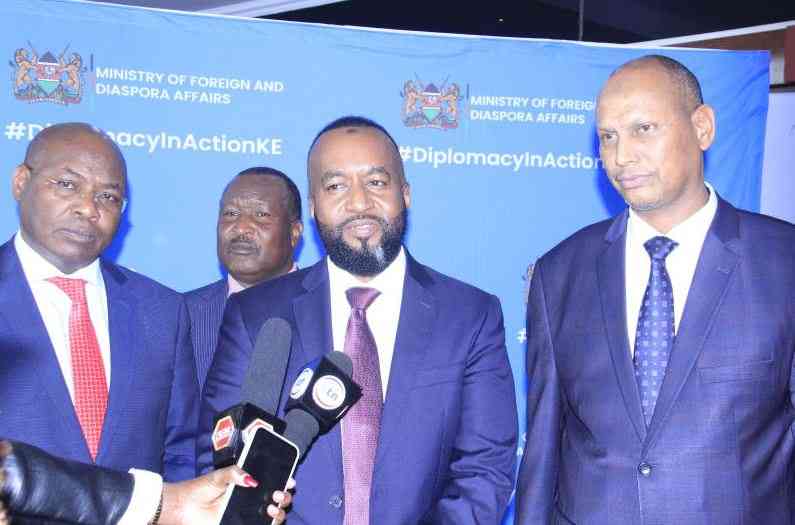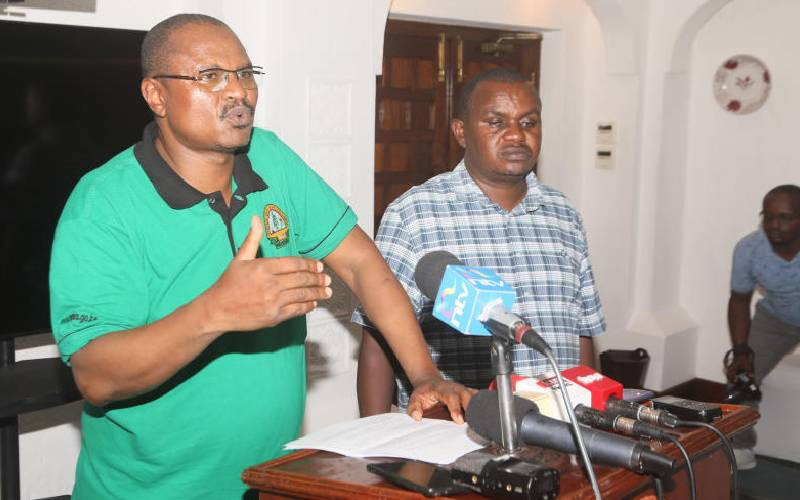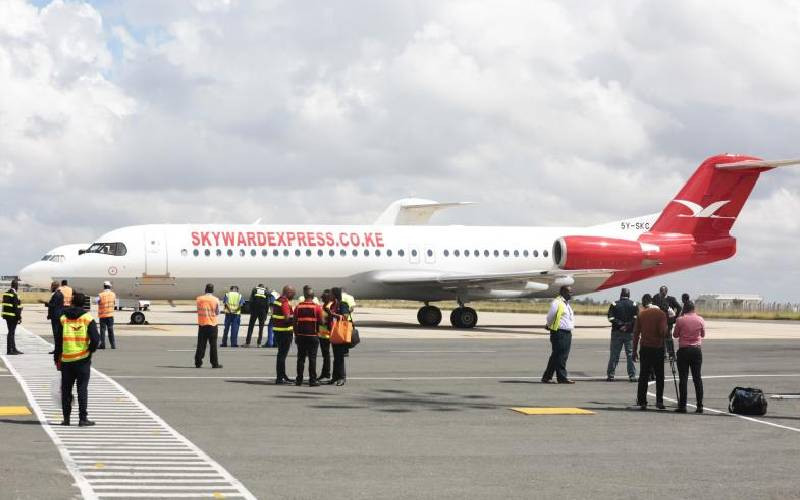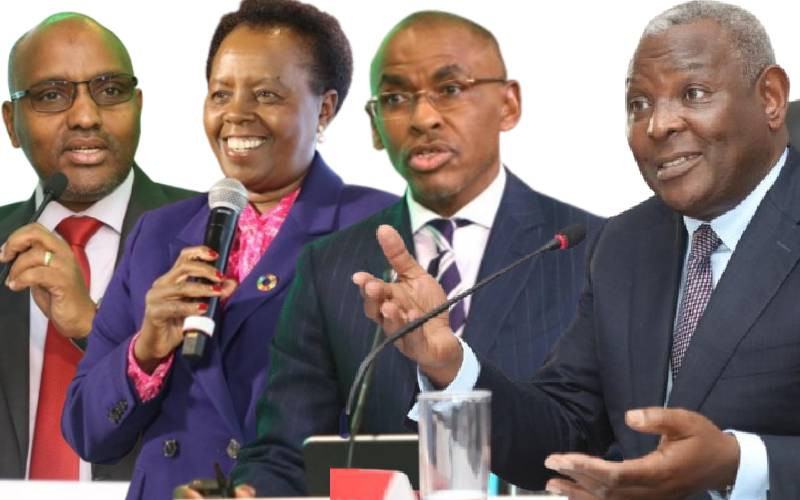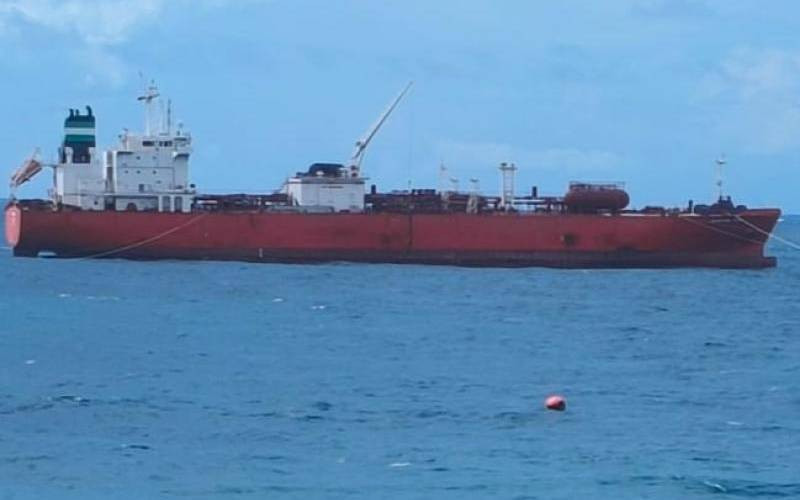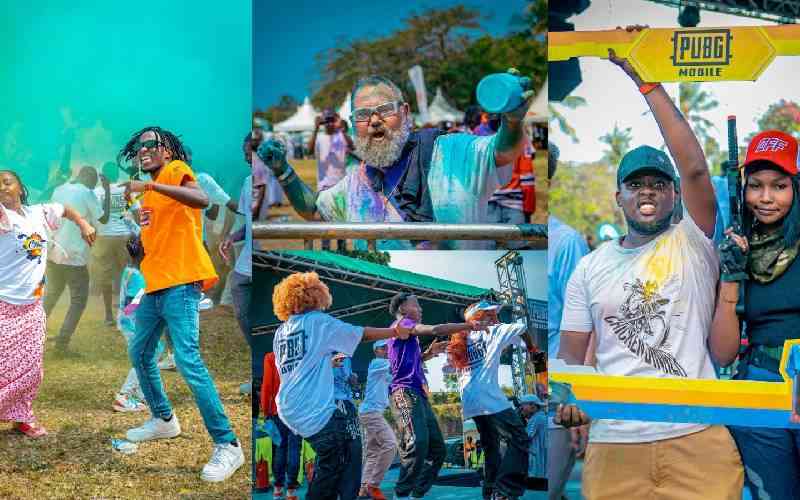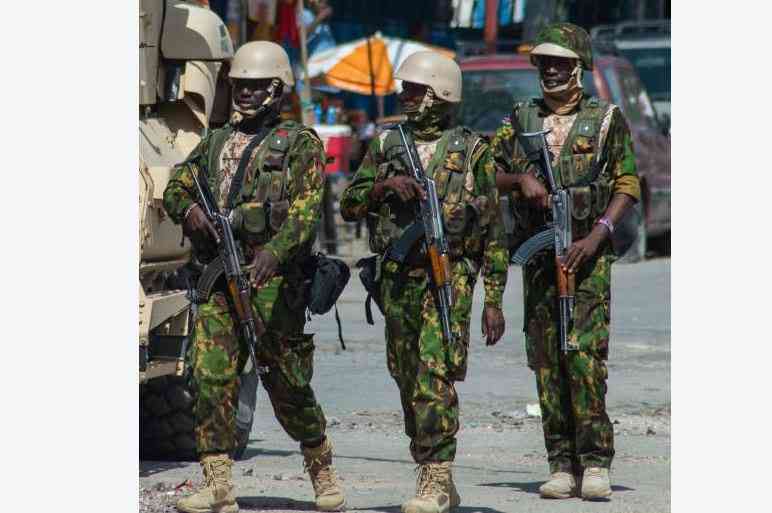
The Kenyan police contingent deployed in Haiti is expected back in Nairobi after the expiry of its one-year contract as the international community grapples with a new mission to rescue the Caribbean country from violence fuelled by organised criminal gangs.
The departure of the first batch of 400 police officers has been delayed since June over the issue of funding, and to await a new assignment being mooted to replace the Kenya-led Multi-national Security Support (MSS) mission.
The Kenya-led MSS mandate was to assist the Haitian National Police to combat violence and wrest control from criminal gangs, exacerbated by the assassination of then President Jovenel Moise in July 2021. The gangs killed a reported 5,601 people in 2024, an increase of about 1,000 over the previous year.
Kenya initially promised 1,000 police officers to the Haitian capital, Port-au-Prince. On paper, the mission, then considered the last viable opportunity to rescue Haiti, has ended, but with fewer than the envisaged number of officers.
Kenya eventually deployed 751 officers in total. Other contributing countries, including Burundi and Senegal, had pledged an additional 1,500 troops but only 40 per cent of this had been met last June.
Initial fears, legal hurdles in Nairobi, and a dearth of international funding failed to railroad the Kenyan deployment. So far, there have been two confirmed deaths of Kenyans in Port-au-Prince, one related to direct confrontation with gangs and the other linked to a road accident. One police officer has been inexplicably declared “missing”.
While one death is too many, the fatality toll within the Kenyan deployment hardly reflects the initial fears. Cynics had predicted the arrival in Kenya of body bags as the MSS mission went on. But this did not happen, says Ken Opala, regional field coordinator at the Global Initiative Against Transnational Organised Crime (GI-TOC).
Kenya took the bull by its horns, as it were. President William Ruto stepped up to intervene when the world appeared paralysed on the next action for Haiti. “This vote of confidence (in Kenya) underscores the stature of our nation as a respected member of the international community,” President Ruto said in October 2023.
“The Kenyan deployment has been a deterrent to hitherto expansionist activities of the criminal gangs. Kenyans oversaw the installation and subsequent functioning of the interim government that replaced the fallen regime of Prime Minister Ariel Henry,” Opala said.
Indeed, for fear of antagonising the international community, the Haitian gangs — now united under the coalition Viv Ansanm, led by Jimmy Cherizier — resisted directly confronting the Kenyan-led troops in the capital city. Instead, they spread out to new grounds, claiming even more lives. Reports last May indicated that 4,000 deaths occurred during the deployment of the MSS.
“The leaders of gangs want to be viewed and treated as freedom fighters, as people who want to liberate their country; they don’t want to be seen as criminal gangs,” says George Musamali, a Nairobi-based security analyst.
On the other hand, overwhelmed in sheer numbers, the slightly more than 600 Kenyan police contingent was cautious against directly engaging the gangs.
Instructively, by the time Kenyan boots arrived in Haiti, the marauding gangs had already overwhelmed Port-au-Prince, and were in control of 80 per cent of the city. Previous bilateral engagements, in particular one by the US, had failed in the past.
“Kenya went there when other missions had failed. It was a brave, courageous move. It needed the support of the international community. But this support hasn’t been forthcoming. Kenya has been left naked in its attempt to rescue Haiti,” Musamali told The Standard. “It’s now time to rethink the strategy of rescuing Haiti.”
Towards the end of its term, the Kenya-led mission was caught between the political realignment in the United States following the election of President Donald Trump, who has embarked on austerity measures in his country’s international commitments, and a paralysis in international aid, GI-TOC observed in May.
Stay informed. Subscribe to our newsletter
Reports about strained relations between Kenya and the new US administration did not make things better. In fact, in May, the US Secretary of State, Mike Rubio, was forced to cancel his trip to Nairobi just hours after President Ruto left for a State visit to China.
The US was meant to be the MSS’s main financier, so the strained relations between the two countries risk putting in jeopardy the $35 million the mission owes to Kenya in reimbursement. This is taxpayers’ money Kenya spent on the mission expecting the international community to eventually repay. This has not happened, further raising doubts on Kenya’s continued stay in Haiti.
Funding aside, the mission has suffered from inadequate equipment, problems around coordination and information exchange in its war with gangs armed with sophisticated weapons.
As the Kenyan deployment comes to an end, there is urgent need to strategically redesign the rescue effort and fully fund it.
At the moment, Haiti is on the brink of collapse, the GI-TOC team, which has an observatory role in Port-au-Prince, has warned. “Should the MSS mission in Haiti fail, the responsibility will not rest with Kenya alone, but will reflect a broader shortcoming on the part of the international community.”
